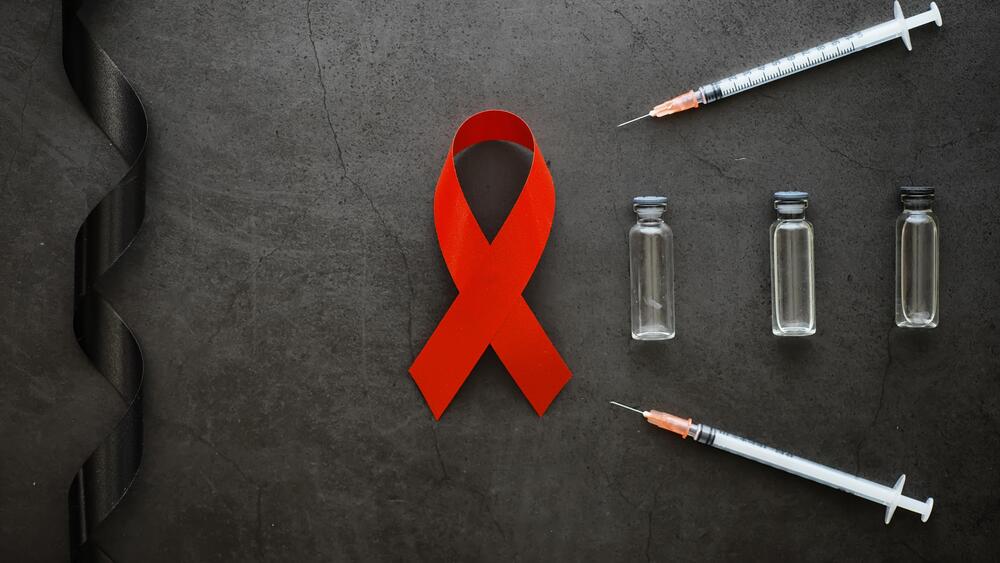
Sexually transmitted diseases (STDs) impact millions of individuals globally and are a severe health concern. Regular testing is essential for early diagnosis and treatment, averting major health problems, and stopping the spread of infections. However, many individuals are unsure about which STD tests they should get and when. This blog aims to provide comprehensive information on STD tests, when to get tested, and how often you should get checked.
Understanding STD Testing
STD testing involves screening for various infections transmitted through sexual contact. The tests can include blood, urine, and swabs from the genital area. The specific tests you need depend on several factors, including your sexual activity, number of partners, and any symptoms you may be experiencing. Understanding what to expect during testing and results is crucial, as it helps you prepare for the testing process and interpret the outcomes accurately.
Common STDs and Their Tests
Here are some common STDs and the types of tests typically used to detect them:
Chlamydia and Gonorrhea:
Testing for both of these bacterial illnesses is frequent. Testing requires a cotton swab or a urine sample from the cervix (for women) or urethra (for men).
HIV:
Rapid oral swab testing or blood testing are the two methods used to test for HIV. Early detection is crucial for effective management.
Syphilis:
The method for detecting syphilis is through a blood test. Early stages are treatable, but late stages can cause severe health problems.
Human Papillomavirus (HPV):
While there is no specific test for HPV in men, women can undergo a Pap smear or an HPV test during their routine cervical cancer screening.
Herpes (HSV-1 and HSV-2):
A blood test or a sample from a lesion can help diagnose herpes. Blood testing can detect antibodies to the virus, indicating active or passive infection.
Hepatitis B and C:
Blood tests can detect these viruses. While vaccination is a preventive measure against hepatitis B, testing is still essential, especially if you are at risk.
When to Get Tested for STDs
Knowing when to get tested for STDs depends on various factors, including your sexual activity, lifestyle, and any symptoms you might have. Here are some general guidelines:
Routine Screening:
Screening is crucial if you engage in sexual activity. Sexually active people should get tested annually, especially if they are under 25.
New Partner:
It’s advisable to get tested before starting a new sexual relationship. It ensures both you and your partner are aware of your STD status.
Multiple Partners:
It’s essential to get tested for sexually transmitted infections more frequently (every 3-6 months) if you have multiple sexual partners to maintain good sexual health.
Symptoms:
If you experience symptoms such as unusual discharge, sores, pain during urination, or other signs of an STD, get tested immediately.
After Exposure:
If you believe or know you have a sexually transmitted infection, get tested right away. You can detect some STDs within a few days, while others may take longer to appear on tests.
How Often Should You Get Checked for STDs?
Regular testing is critical to maintaining good sexual health. Risk factors and lifestyle influence STD testing frequency:
Annually:
If you were tested initially and are in a monogamous relationship, an annual test is typically sufficient.
Every 3-6 Months:
For individuals with multiple partners, those in non-monogamous relationships, or those engaging in high-risk behaviors (such as unprotected sex or drug use), more frequent testing is recommended.
Pregnant Women:
Expectant mothers should undergo STD testing at their initial prenatal appointment and again in the third trimester to protect their health and their baby’s health.
Locating Convenient and Reliable STD Testing Options
Finding a reliable place for STD testing near you is essential. Many options are available, including:
Primary Care Physician:
Your doctor can provide testing and follow-up care.
Planned Parenthood:
This organization offers affordable and confidential STD testing.
Public Health Clinics:
Local health departments often provide free or low-cost testing.
Urgent Care Centers:
STD testing at an urgent care center is convenient for quick testing without an appointment.
At-Home Testing Kits:
These kits allow you to gather samples at home and send them for examination to a lab.
Final Thoughts on Maintaining Your Sexual Health
Keeping your sexual health intact requires routine STD testing. It can help you stay healthy and stop the spread of illnesses to know which STD tests you need, when to get tested for STDs, and how often you should get examined for STDs. Speak with a healthcare professional if you’re unclear whether you need testing; they can offer you individualized guidance depending on your sexual history and risk factors.
Finding reliable STD testing near you is also essential. Utilize resources such as primary care physicians, public health clinics, and at-home testing kits to ensure you have access to the necessary tests.
Advanced Urgent Care offers comprehensive STD testing services in Pasadena, including routine screenings, quick results, and personalized care, ensuring your sexual health needs.


